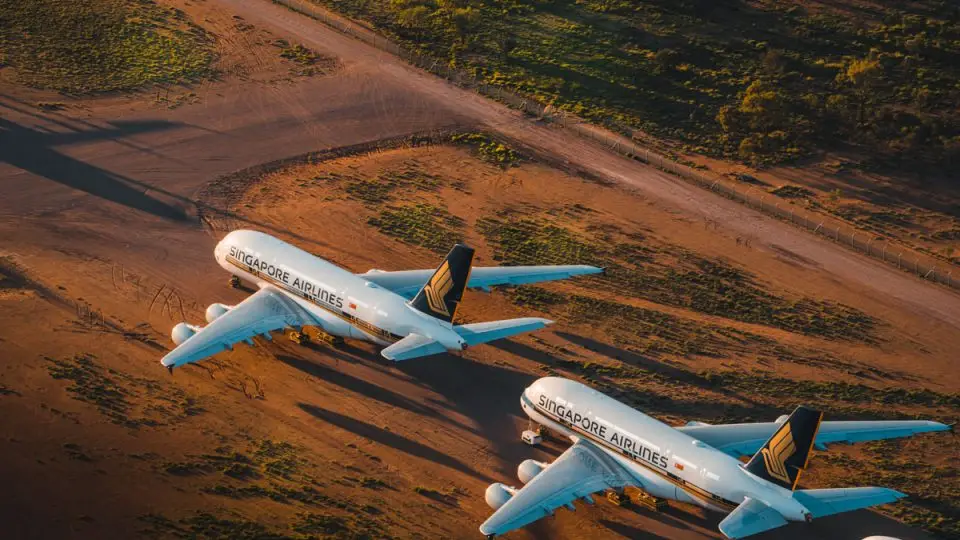Travel After Coronavirus: Is Now a Good Time to Book?
Considering travel post-COVID? Plan carefully and weigh affordable fares against potential uncertainties and insurance coverage.
As fears of coronavirus spread even faster than the virus itself, traditional media continues to fuel mass hysteria which has people scrambling for toilet paper and cancelling future travel plans.
Airlines are feeling the impact of this, and in addition to reducing flights, many are offering reasonable change and cancellation fee waivers and slashing airfares in an attempt to get travellers to book flights. This begs the question, is now a good time to plan and book future travel? Here is what you should know if you are considering taking advantage of some of the travel deals available.
Airfares Won’t Suddenly Rise
Flights have been incredibly cheap for the past few years, although the outbreak of Coronavirus has bought prices down even further. This means that you should still be able to find good deals after the virus subsides. It is also important to keep in mind that we don’t know when the resolution to Coronavirus will come, and this pandemic will most likely continue for a while yet.
So, if you are worried that you might miss out on a great deal by holding off on booking, rest assured knowing that airfares don’t normally rise enormously overnight. If you have your eye on a particular destination or flight, you may wish to set a price alert on Google Flights. You can read our guide to Google Flights here.
Fee Waivers Don’t Mean Free Changes Or Cancellation
Many airlines are offering Coronavirus fee waivers, allowing passengers to change or cancel flights without incurring additional fees. But before you get too excited, remember that fee waivers involve many terms and conditions.
Although waived change and cancellation fees make it sound like you can change or cancel flights at no cost, it isn’t quite as simple as that. Normally, airlines would charge a fee just to change or cancel your booking. Additionally, they charge any fare difference between your original and new flight.
For example, let’s say you booked a $200 flight from Sydney to Auckland, but you want to change the flight to a later date which would cost $300 outright. Normally you would have to pay a change fee of around $60, plus the fare difference of $100. So you would be up for a total of $160 just to change your flight. With these new waivers, you would still have to pay the $100 fare difference to rebook onto the higher-priced flight.
On the other hand, if you wish to cancel your flight altogether, don’t expect a refund. Instead, airlines will offer a travel credit to the dollar amount of your original booking. You can use this to pay for a future ticket.
Want to know more? Read our guide to Coronavirus fee waivers here.
Is It Worth Planning Travel Now To Save?
This is a highly controversial question and one that can only be answered personally. While most would jump at saving money on a holiday, the problem will be whether your trip will be able to go ahead. If you are confident that travel will be safe at a given point in the future, taking the risk could be worth it for you. On the other hand, if you are unsure about what will happen – and that’s most of us right now – you may decide to review your travel plans later.
But Travel Insurance Will Cover Me…..Right?
In order to limit the risks, it may be a good idea to invest in travel insurance for your trip. Right now, it is important to ensure that your insurer covers events such as ‘pandemic, epidemic and disease’. The details of events such as this can often be found in criminally tiny text in Product Disclosure Statements (PDS). If you are unsure, it is always best to check directly with your travel insurer.
Generally speaking, your coverage will depend on three things – who your cover is with, the policy you purchased and the time you purchased the insurance. It is common for travel insurers to include exclusions for “known events” in their Product Disclosure Statements. Most insurers considered COVID-19 a known event between January 20th and January 31st.
That said, some insurance products such as the ones that come with your credit card might still cover you in the event your flight gets cancelled.
Book Direct With The Airline
If you book a flight through an online travel agency such as Skyscanner or Expedia, the airline will most likely tell you to change or cancel your flight through the agency. This can often make things much more complicated than they need to be. If you find a much cheaper flight with an online travel agency, you can always contact the airline to see if they will match the price.
In Summary
Keeping all this in mind, the decision to plan a future holiday will come down to personal opinion. Generally speaking, you should only book if you have a high chance of travelling and if the fares available now are considerably lower than normal. But hey, if nothing goes wrong, you have snagged yourself a cheap holiday.
Related posts







